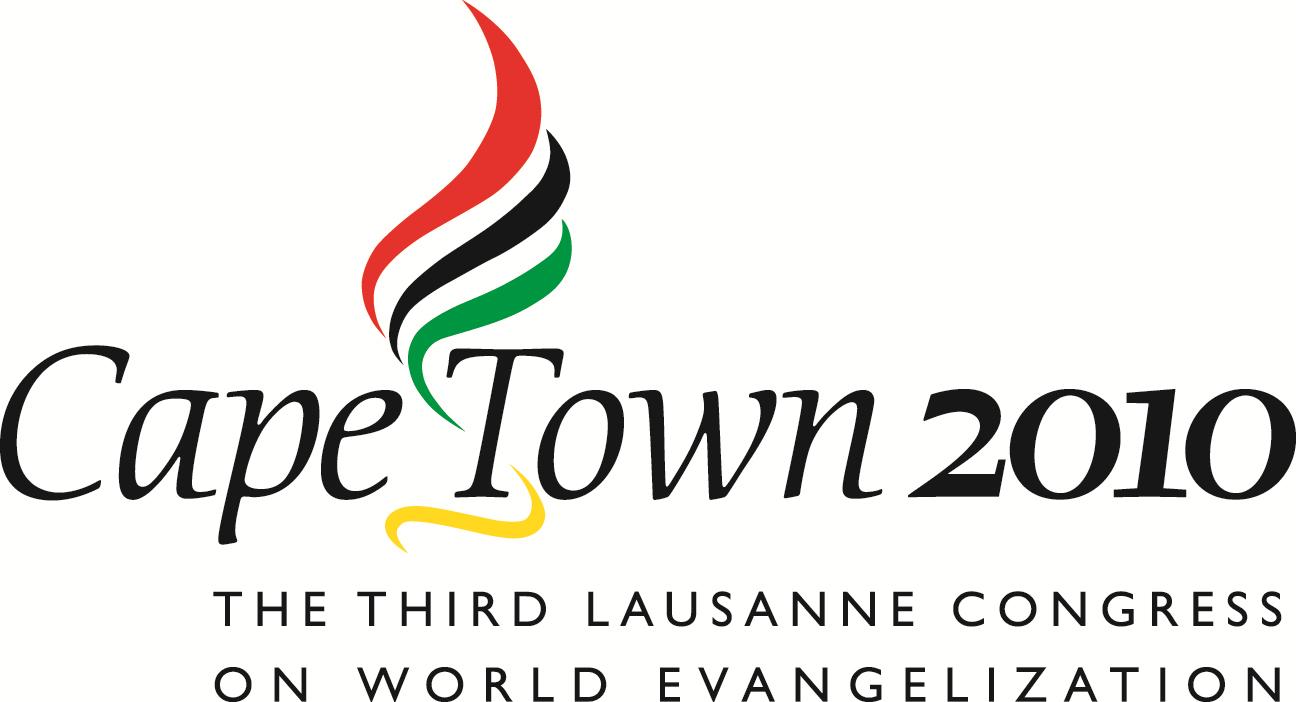I recently came across this post at the Lausanne Cape Town 2010 website. The author (a Christian from India) laments how ethnic conflict is rampant among various groups in northeast India. He struggles with how to personally respond, and even questions whether he is more motivated by his ethnic identity or by his Christian identity.
This brings me to a point that relates to contextualization among followers of Christ, a point which has been made before by more articulate individuals than I: in our struggle to follow Jesus in ways which honor who he made us to be, we are to seek unity with other Christians over and above our personal or group identity. This doesn't mean we don't address grievances or wrongs perpetrated against us, but we do it in a spirit of humility, with Jesus' patient suffering as our example (Luke 23:34). If, however, the words or actions of fellow believers contradicts the Gospel or clear teaching of scripture, we should respectfully point out their error (Matthew 18:15-17; Galatians 6:1-5). An extreme example of this was the case of the Judaizers in the book of Galations. The Judaizers were a group of Jewish followers of Jesus who advocated that in addition to faith in Christ, Gentile believers must be circumcised and obey all Torah laws in order to be saved. Paul vehemently opposed this "anti-Gospel" position, noting that if anything is added to the Gospel, it ceases to be the Gospel (Galatians 1:6-9). The purity of the Gospel must always be defended, albeit peacefully.
And although following Jesus contextually doesn't mean that we conform to others' wishes in every case, we must be generally willing to adjust our personal and/or cultural expressions in order to maintain unity among believers. Take, for example, the conclusions of the Jerusalem Council in Acts 15:19-29. Here we see the Jewish leadership of the early Church recommending that for the sake of unity, Gentile believers should respect the sensibilities of Jewish believers by abstaining from certain kinds of foods and sexual immorality (15:28-29). In addition, God showed Peter in a vision that he should be willing to associate (and eat) with Gentile believers who did not keep kosher, for the sake of unity (Acts 10:9-28).
What are some contemporary examples relating to contextualization that might need to follow these scriptural principals? One that I came across recently was a report about a 2003 Christian symposium in Mongolia (p. 9). The gathering almost came to an abrupt end over the topic of which Mongolian word or name to use for God (which wasn't supposed to be discussed at all).
An example of theology and visual art that I personally have some reservations about is one particular point of aboriginal Australian Christian theology shown here, depicting the idea that God's Spirit moved both above and below the waters during creation. This is clearly not mentioned in scripture, and therefore is suspect. Yet, I haven't researched the theological implications, so the jury's still out. I nevertheless do know that the authors who wrote an accompanying book of theology are very clearly dedicated to Christ and recognize humanity's need for salvation through him alone (p. 99-100).
Though these topics are complex ones (which could potentially involve syncretism), in some cases it may be better to agree to disagree and seek to maintain Christian harmony, as long as all are in agreement about their need for salvation through Christ alone.



Hey this reminds me some of a book I'm working through: "Exclusion and Embrace" by Miroslav Volf. It is a book on the theology of reconciliation. Contextualization isn't so much a theme but ideas of identity (self and 'the other') are very prominent throughout.
ReplyDeleteA point he makes early on is about the importance of having Christ at the center of 'self'. Otherwise, as we move towards reconciliation our personal identities get infringed upon, we feel violated and the cycle of offense and violence continues.
I hope I did that little thought justice. It is a fabulous, though challenging book. Check it out.
Sounds like an interesting book, so I've added to my Amazon wish list. Have you heard of a book called Faith-Based Diplomacy: Trumping Realpolitik by Douglas Johnston (ed.)? I heard an interview with him on Speaking of Faith (NPR) a couple of years ago and was impressed. Can't remember it well enough to say whether he dovetails with what you mention above or not.
ReplyDelete